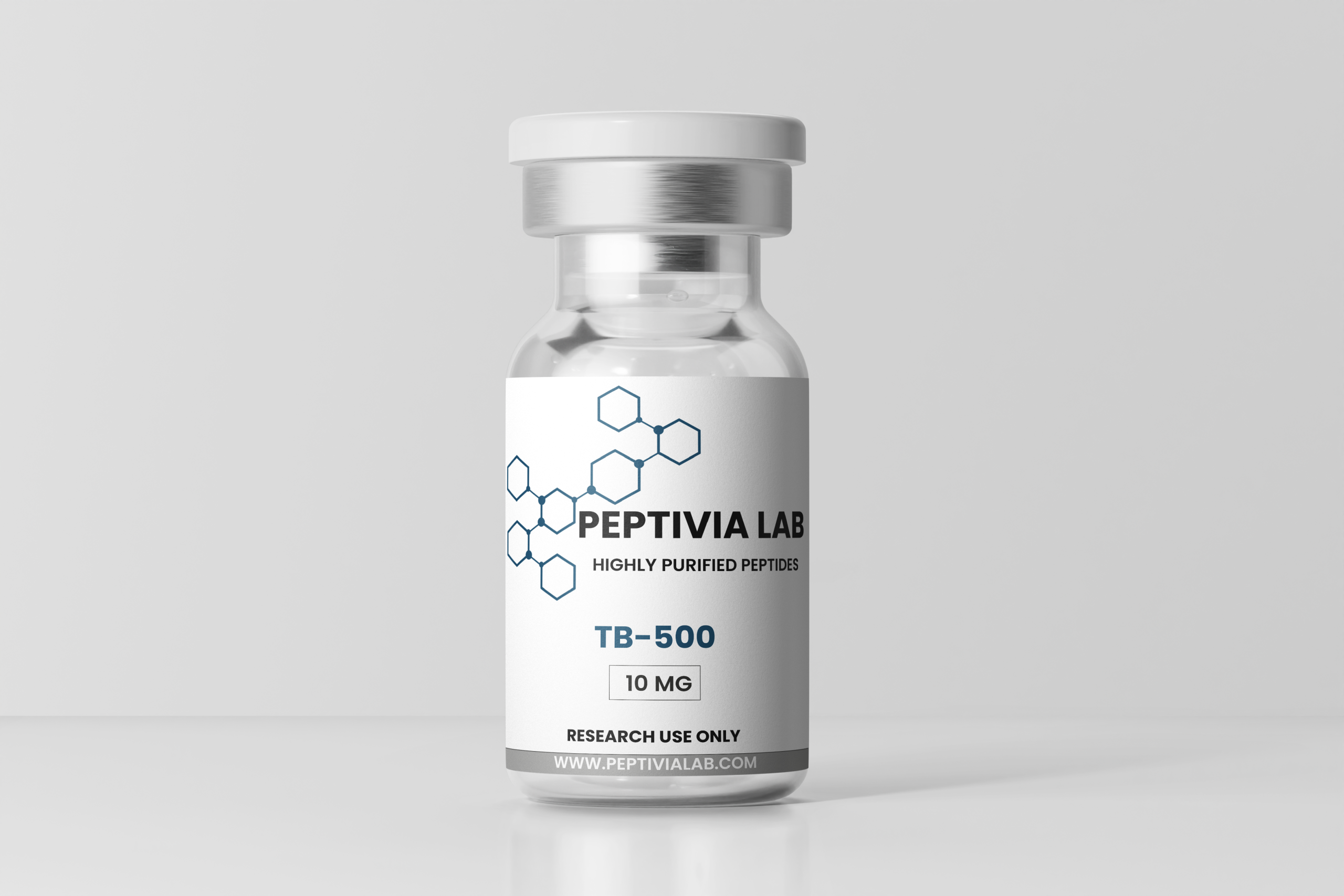
TB-500 10mg
TB-500 is a synthetic peptide, an analog of Thymosin Beta-4, a protein naturally present in most human and animal cells. This peptide is being researched for its potential role in wound healing, muscle recovery, and inflammation reduction. In a scientific context, TB-500 is studied for its ability to promote cell migration, stimulate the formation of new blood vessels (angiogenesis), and accelerate the repair of damaged tissues.
Description
TB-500 is a Peptide Studied for Muscle Recovery and Tissue Repair
TB-500 is a synthetic peptide derived from thymosin beta-4, a protein naturally present in almost all human and animal cells. This peptide is primarily studied for its potential effects on recovery, healing, and tissue regeneration.
Key Features:
- Studied to promote muscle repair and recovery after injuries.
- Potential role in the formation of new blood vessels (angiogenesis).
- Possible support for joint mobility and flexibility.
- Growing research interest in the healing of skin and internal tissues.
Benefits of TB-500 Peptide (in a Research Context)
- Studied to support tissue healing and cell regeneration.
- May promote the formation of new blood vessels (angiogenesis).
- Scientific interest in muscle and joint recovery.
- Potential for improved mobility and flexibility.
Recommended Combinations
TB-500 can be studied in combination with other peptides in a research setting, including:
- BPC-157: tissue regeneration and repair.
- Growth Hormone (GH) and IGF-1: muscle growth and recovery.
- Ostarine (MK-2866): improved metabolism and endurance.
These combinations can allow for a more comprehensive research approach to regeneration, performance, and well-being.
Storage
After reconstitution, store the product in the refrigerator.
Use the solution within 60 days.
Specifications:
- Purity: ≥ 98%
- Form: Lyophilized (powder)
- Storage: Store in refrigerator (2–8 °C) in a dry place and away from light.
- Reconstitution: With sterile solvent for laboratory use.
Warning: The use of these substances must be exclusively for scientific or laboratory research purposes. Appropriate medical supervision and personalized evaluation are essential to ensure safe and responsible use.
References
- Huff, T., Müller, C. S., Otto, A. M., Netzker, R., & Hannappel, E. (2001). beta-Thymosins, small acidic peptides with multiple functions. The international journal of biochemistry & cell biology, 33(3), 205–220. https://doi.org/10.1016/s1357-2725(00)00087-x
- Gurtner GC, Werner S, Barrandon Y, Longaker MT. Wound repair and regeneration. Nature. 2008 May 15;453(7193):314-21. doi: 10.1038/nature07039. PMID: 18480812.
Reviews (0)
Only logged in customers who have purchased this product may leave a review.
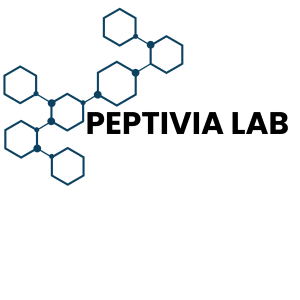
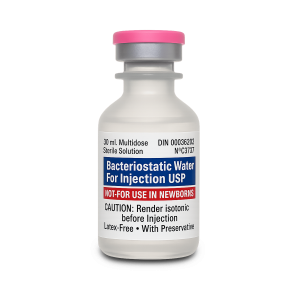
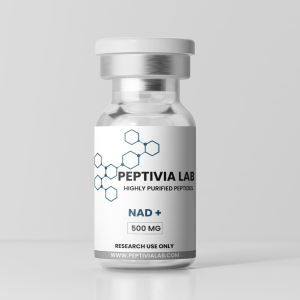
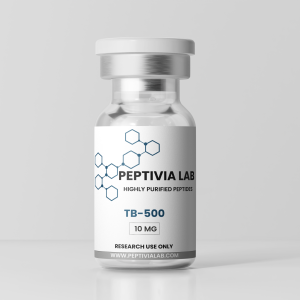
Reviews
There are no reviews yet.